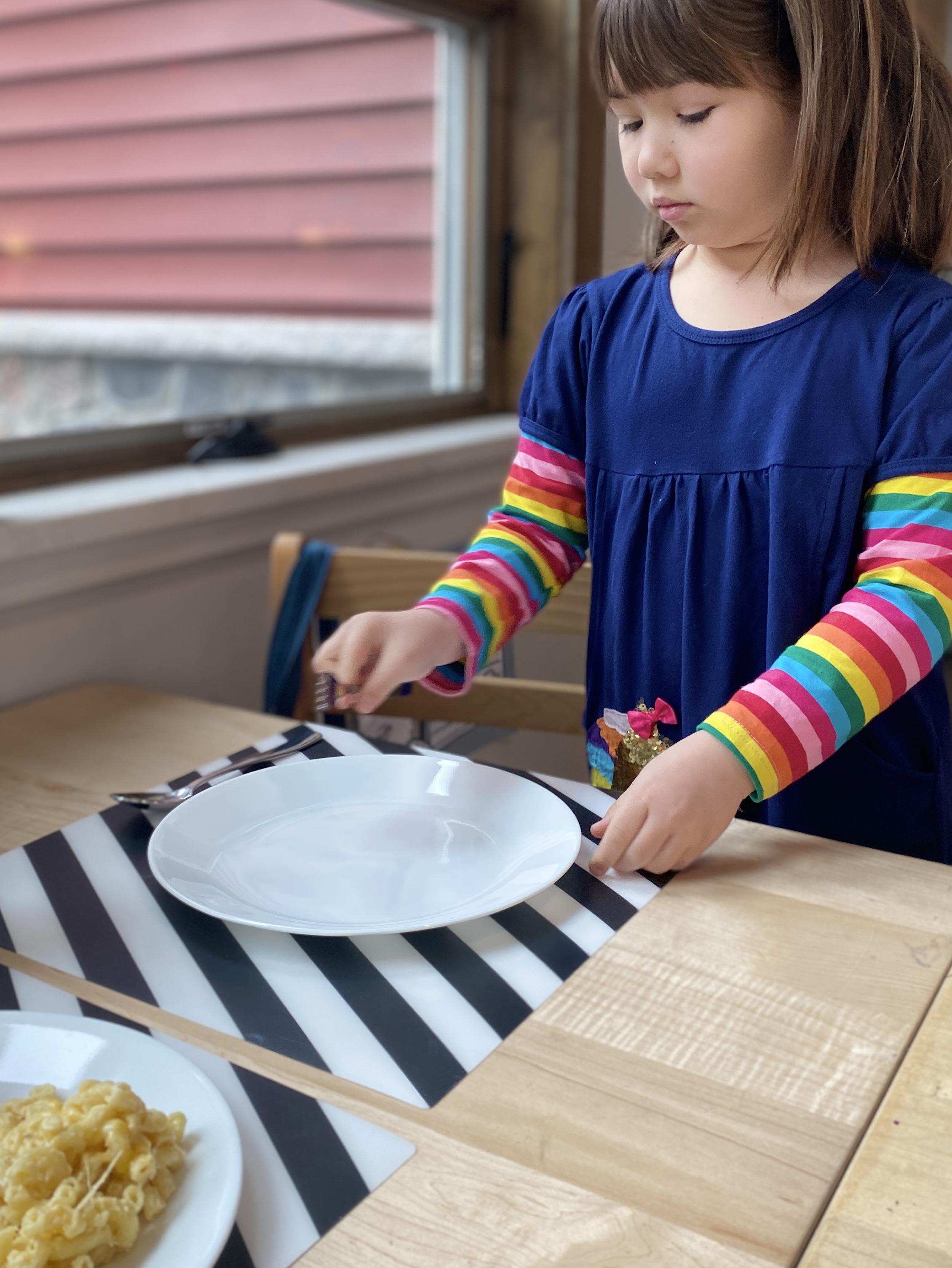
2 minute read
Choices matter
Abby Minnich, lower 4 teacher
Maria Montessori talked about the moral development in the elementary classroom as the “education for peace”. The moral development of the child is something that he develops within. This is done by what they see us as teachers modeling, along with peers also highly influencing them. As a classroom, we have really been focusing on empathy because this is something as a society and culture that is currently lacking. The students are naturally gaining knowledge and creating their own set of morals organically. This happens through discussions and conflict resolution within their peer relationships and community. Grace and Courtesy and the guiding principles; taking care of yourself, others, and the environment are what our classrooms are built upon. Dr. Montessori believed that students at the elementary age are really in the experimental stage of developing their own set of values and beliefs. They verbalize and work through right and wrong, make their own choices, and test boundaries. She developed a classroom environment where they are able to experience the natural and logical consequences of these choices along with their peer responses. As the child experiments, this is where their own morals within are developed. Montessori said, “The things he sees are not just remembered; they form part of his soul. He incarnates in himself all in the world about him that his eyes see, and his ears hear.”


In upper elementary, our students have moved into the plane of development where they are very aware of social justice. They are looking for a fair and equitable division of resources and opportunities in our school, as well as our society. At this stage, children are forming their sense of self and what they stand for in the world through life experiences.
We work to build empathy for others, beginning with our classroom community. Acceptance of differences between each other makes for a strong, unified community. We are fortunate enough to take the time to mentor the children, in the moment, during the school day. Appreciating what another person is thinking/feeling, and then finding a mutual solution builds empathy. For example, two students were frustrated with each other. They both wanted to be the leader while organizing their chore team. We were able to take time away from the class to have a crucial conversation that involved each student specifically stating what was bothering them. After that, they came up with solutions. They decided to share the lead role and the older student even volunteered to mentor the younger student on how to lead during conflict. She then asked her to help plan the next field trip for the class. When feelings were expressed, empathy was involved for each other, and then that empathy fosters compassion and a teamwork mentality.
We work to instill an awareness of the world beyond our campus with our students. We have had individuals become interested in helping people and animals. They chose to serve time at local shelters and researched ways to collect necessary supplies for those who have specific needs. Students work to keep our indoor, as well as our outdoor, environment clean of waste. Recently, students saw packing material floating around in the trees, so they asked to go and pick up the trash; this included multiple people in our class. Building positive and strong morals is a work that our students come to naturally when tasked with contributing to society.







